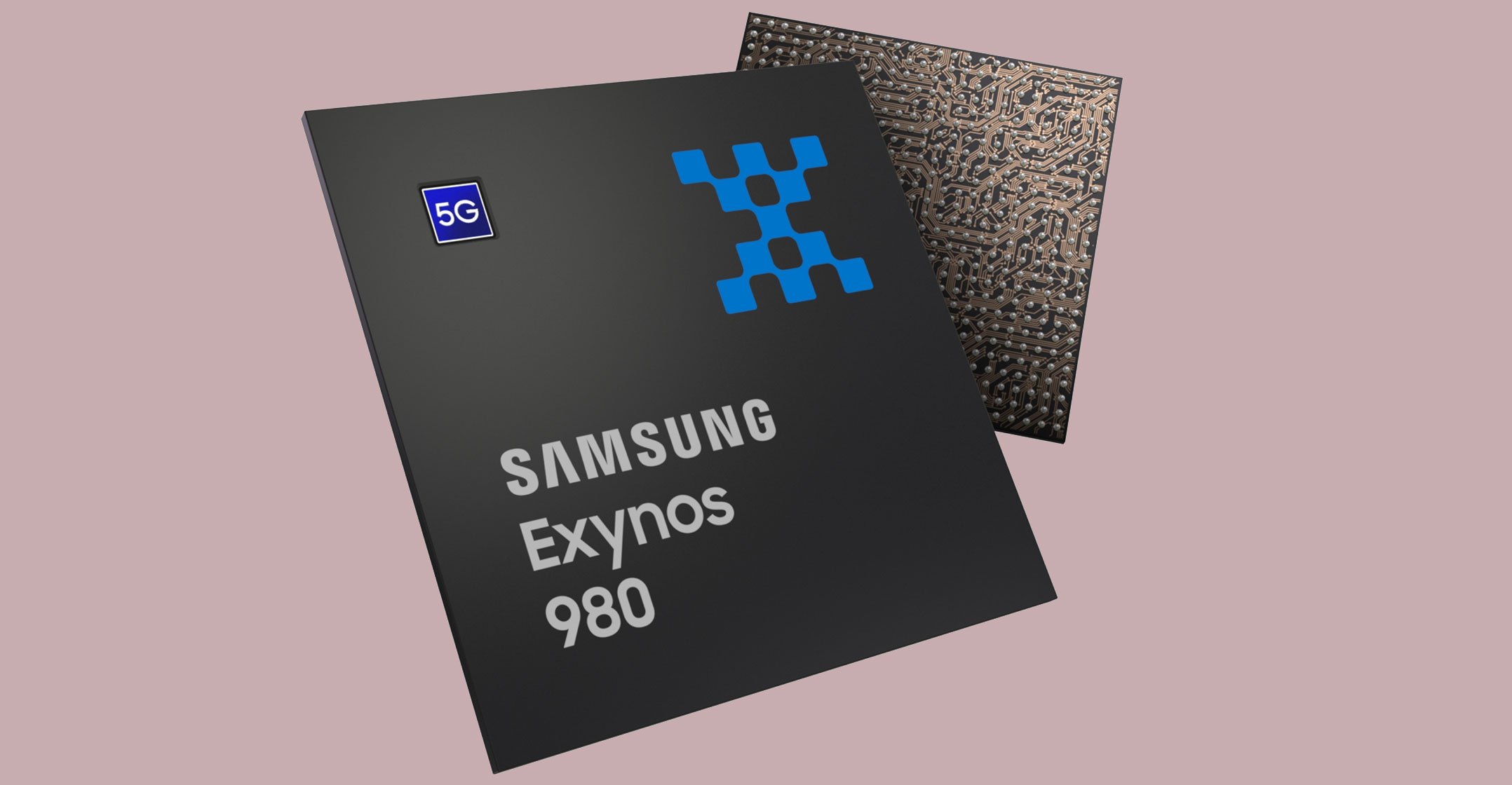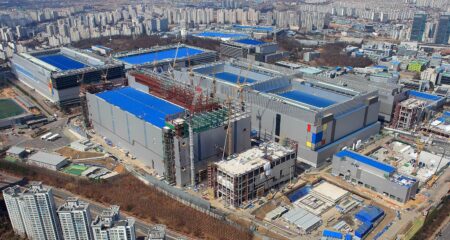
Samsung Electronics’ better-than-expected profit revives hopes that a surge in Internet usage from people sheltering in place during the Covid-19 pandemic will help make up for a drop-off in demand for smartphones and other consumer electronics.
Shares in Korea’s largest company climbed more than 3% after it posted operating profit of 6.4-trillion won (US$5.2-billion) in the March quarter, surpassing the average analyst estimate by 3.6%. Sales rose 5% to 55-trillion won, according to preliminary results released on Tuesday. The company didn’t provide net income or break out divisional performance, which it will do later this month when it releases final numbers.
Samsung — one of the first major technology corporations to unveil March quarter results — demonstrates how the novel coronavirus outbreak is exerting an uneven impact on the global electronics sector in the short term. Soaring online activity from gaming to video streaming is driving sales of semiconductors — the lubricant for the Internet and Samsung’s most profitable business — even as worsening employment prospects curtail spending on gadgets such as the company’s just-released flagship Galaxy S20.
The Asian giant’s solid performance underscores expectations for resilient chip demand since Micron Technology’s stronger than anticipated outlook. That lifted Asian chip makers such as Taiwan Semiconductor Manufacturing Co and Nanya Technology. Much now hinges on whether governments can mitigate the fallout from potentially the worst global economic shock in at least a generation.
“Right now, we can only project a picture of the second quarter: soaring demand in server chips may offset slump in display, mobile and consumer electronics,” said Song Myung-sup, analyst at HI Investment & Securities in Seoul. “The problem is, if the Covid-19 pandemic continues further, we can’t guarantee that the uptrend in expansion of servers will be sustainable in the second half of this year.”
Broadly exposed
As the world’s largest maker of memory chips, phones, displays and appliances, Samsung is broadly exposed to the economic shocks of Covid-19. Despite Tuesday’s rally, the company’s shares remain down about a fifth since their January 2020 peak. The better-than-expected result unveiled on Tuesday was helped by the South Korean won weakening about 5% against the dollar in the first quarter, lifting the value of income repatriated from overseas.
Should the pandemic persist into the second half — a worst-case scenario — the tech giant foresees missing its own 2020 revenue projections by a double-digit percentage, according to people familiar with internal discussions. It’s grappling with plant shutdowns and store closures this quarter alongside rivals and customers like Apple and Huawei. At the same time, memory chip makers have experienced rising demand and prices for DRAM and flash memory used in data centres and cloud service operators.
 Contract prices for 32GB DRAM server modules rose roughly 12% in the March quarter, according to InSpectrum Tech. Prices for 128GB MLC NAND flash memory chips increased about 5.6% in the first three months of 2020. Thanks to growing demand for online services from video conferences to e-commerce and gaming, prices of server DRAM and enterprise SSD or solid-state drives are projected to keep growing in the current quarter. TrendForce raised its price-growth forecasts on server DRAM to 20%, while it expects enterprise SSD prices to rise by as much as 15%.
Contract prices for 32GB DRAM server modules rose roughly 12% in the March quarter, according to InSpectrum Tech. Prices for 128GB MLC NAND flash memory chips increased about 5.6% in the first three months of 2020. Thanks to growing demand for online services from video conferences to e-commerce and gaming, prices of server DRAM and enterprise SSD or solid-state drives are projected to keep growing in the current quarter. TrendForce raised its price-growth forecasts on server DRAM to 20%, while it expects enterprise SSD prices to rise by as much as 15%.
“The growing demand for server DRAM led to low inventory levels for both clients and suppliers,” TrendForce said in a 1 April note. “Also, following a new round of tenders from Chinese telecoms operators in February, the supply of server DRAM has become much tighter, in turn maintaining the upward pull on server DRAM prices.”
Samsung’s hardest-hit business was mobile because of disappointing demand for S20 devices released in early March. In the first quarter, the company shut its key Gumi plant several times after discovering infection among employees, prompting the shift of some of output to Vietnam. Lockdowns of major cities and store closures across North America have depressed overall business. Hana Financial Investment expects Samsung to report 62.2 million unit shipments of smartphones for the first quarter of 2020, compared to 71.5 million units a year earlier.
“Although semiconductor earnings look set to increase on the back of memory chip price hikes, the divisions selling finished products” will likely see their earnings decline, said Greg Roh, senior vice president at HMC Securities. — Reported by Sohee Kim, with assistance from Heejin Kim and Hooyeon Kim, (c) 2020 Bloomberg LP




